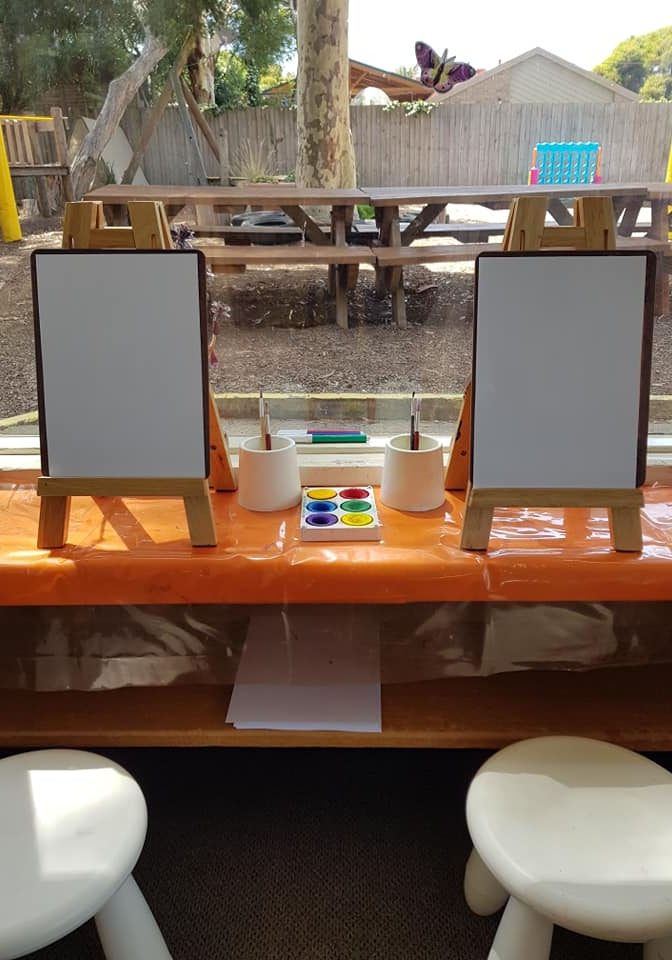We would like to recognise the Bunurong people, the traditional owners of the land on which we build our community today.
Beleura Hill Preschool was established in 1966, nestled in the beachside community of Mornington. The preschool is community based and operated by a committee of management; we offer a non-profit service to the local community. The preschool is committed to excellence in the provision of educational programs for both 3 and 4 year olds. Families and educators aim to build strong partnerships to effectively manage the preschool and to achieve shared goals for children.

We believe:
- for children to develop confidence, resilience and positive self-esteem they need to feel valued, nurtured and safe within the learning community
- that the educational program offered should cater to all children and individual learning styles; therefore we offer play based and open ended experiences, teacher initiated activities and group learning experiences. This provides opportunities for self-motivated learning, peer scaffolding and intentional teaching within an engaging, challenging and fun learning environment.
- for children to empathize, understand fairness, cooperate and resolve conflicts respectfully, they need to feel like they belong, that their voices are heard and their feelings respected and that they are supported and guided by trusted educators.
- that the educational program offered to the children should be drawn from a variety of methods; including individual and group observations of children’s needs and interests, spontaneous happenings, forward planning, and also family and educator’s goals for children.
Program Goals
For children to -
- identify with their family and community, and to develop a strong sense of self as an individual
- contribute to the program, the learning environment and take an active role in the learning community; to begin to explore the differences in culture, traditions and diversity within the wider world, and to begin to understand and respect the natural environment
- communicate effectively with educators, peers and others using, verbal and non-verbal language, and creative and expressive arts; for children to be immersed in language and literacy in a range of forms and for a range of purposes, and for children to feel safe to express themselves
- develop and move forward in all areas including social, emotional, cognitive, language and physical development; for children to actively engage in literacy, numeracy, science, technology, sports, creative arts and music and movement experiences
- learn and practice positive learning dispositions such as cooperation, persistence, curiosity, confidence, creativity, imagination and commitment; to develop skills such as problem solving, experimentation, trial and error, prediction, reflection and enquiry.

